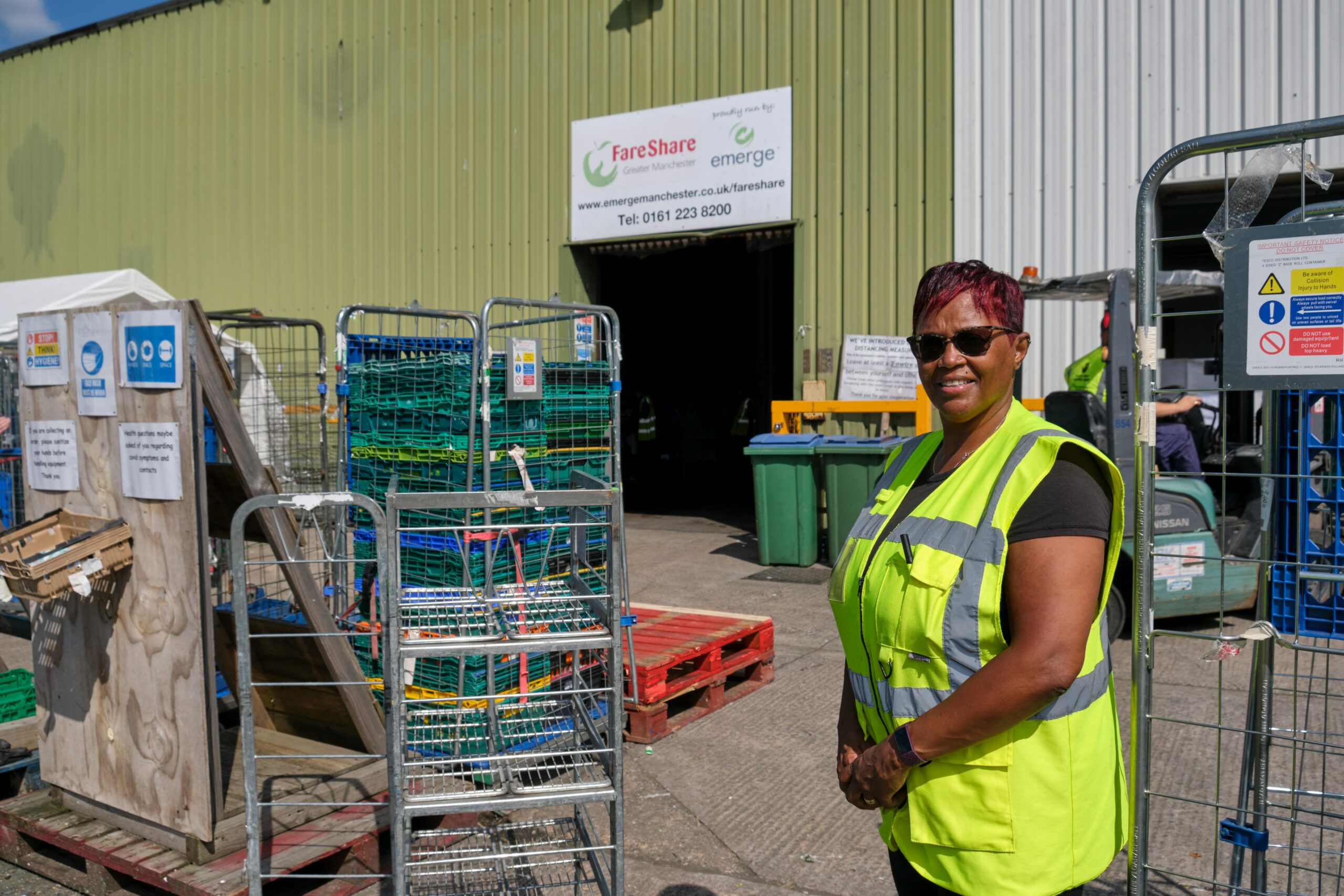Landing a job as a foreigner in the United Kingdom is a dream come true that sometimes can come with a sense of excitement and great nervousness.
If you are not careful enough, you can lose your job even before you get to travel or on your first day at work.
To avoid being rejected for a job in the UK, you need to have an understanding that the job sponsorship is valid, understand the employment contracts, visa requirements, and check your application, etc.
However, you can be among the lucky ones that their job is not rejected if you follow the steps listed in this article.
1. Verify the employer’s sponsor license:
It is worth noting that not all employers have a license to sponsor a work visa for a foreigner.
Even among the ones that are licensed, their license might be expired.
Always verify the sponsorship is valid to avoid visa rejection.
If the sponsorship is valid, you have to meet the requirements of the sponsorship.
2. Provide accurate documentation:
Sometimes, some individuals might go overboard to secure the right job, and this can lead to misrepresentation of facts in their CVs or resumes.
It is best advised that all information in your job application is truthful and factual, and you can defend it at all times if need be.
You might also be required to provide medical records, depending on the nature of the job.
Also, ensure your documentation was submitted at the right time and through the appropriate means.
3. Understand the Employment Contract:

It is not unusual to get carried away with popping a bottle of champagne when we get a job offer in the UK instead of carefully reviewing the terms and conditions of the contract.
In every employment contract in the UK, you will find important information such as work hours and pay, probation periods, your roles, dismissal policies, etc.
Make sure you are qualified for the role, and your qualifications are recognised in the UK.
This information must be clearly understood and consented to.
4. Secure the Right Visa:

There are different types of visas for different professionals and different reasons.
Ensure to apply and secure the right visa.
To be able to apply for a visa, you need a valid passport. proof of funds and adequate qualifications for the role you are applying for, and always cross-check your submission to avoid any unnecessary mistakes or errors.
To know the right visa for the job you are applying for, read here
5. Adhere to UK Employment Laws:
At this point, you must have secured your visa and are all set to resume your job in the UK. Congratulations!!!
Well, you don’t have to lower your laurels just yet.
You have to understand the working hours and dare not exceed them.
There is a minimum wage regardless of the working conditions and industry, and it is your right to get the right remuneration
6. Adapt and Excel at the Workplace:
Every country and workplace has a work culture.
This work culture sets the standards and policies that guide professionalism at the workplace.
Punctuality, respect, decent dressing, communication, and teamwork are essential to adapt and excel at every workplace.
It is advised to learn to listen to instructions so you can understand what is expected of you at the workplace.
Understanding boundaries with work colleagues is also vital for a work-life balance.
Do not pry into their personal life unless they bring you in, and learn to understand the differences in cultures, especially if they are from other countries.
7. Manage probation period effectively:
The probationary period in most organisations in the UK is usually 3 to 6 months.
During this period, your job is not guaranteed.
You have to prove to your employer you are the right fit for the job, and to do that, you have to be punctual, productive, reliable, and credible.
Ensure to learn, unlearn, and relearn while working in your new role.
Ensure to build good communication with your employer; this will enable you to receive constructive criticism for your future growth and job security.
Conclusion:
Getting a job in the UK as a foreigner is not enough; securing the job before you apply after applying for a visa and also when you arrive requires ongoing efforts.
These efforts will not only make you excel in the workplace but will also be a catalyst for personal development.

